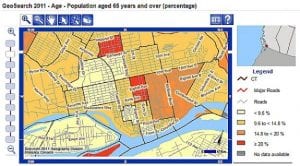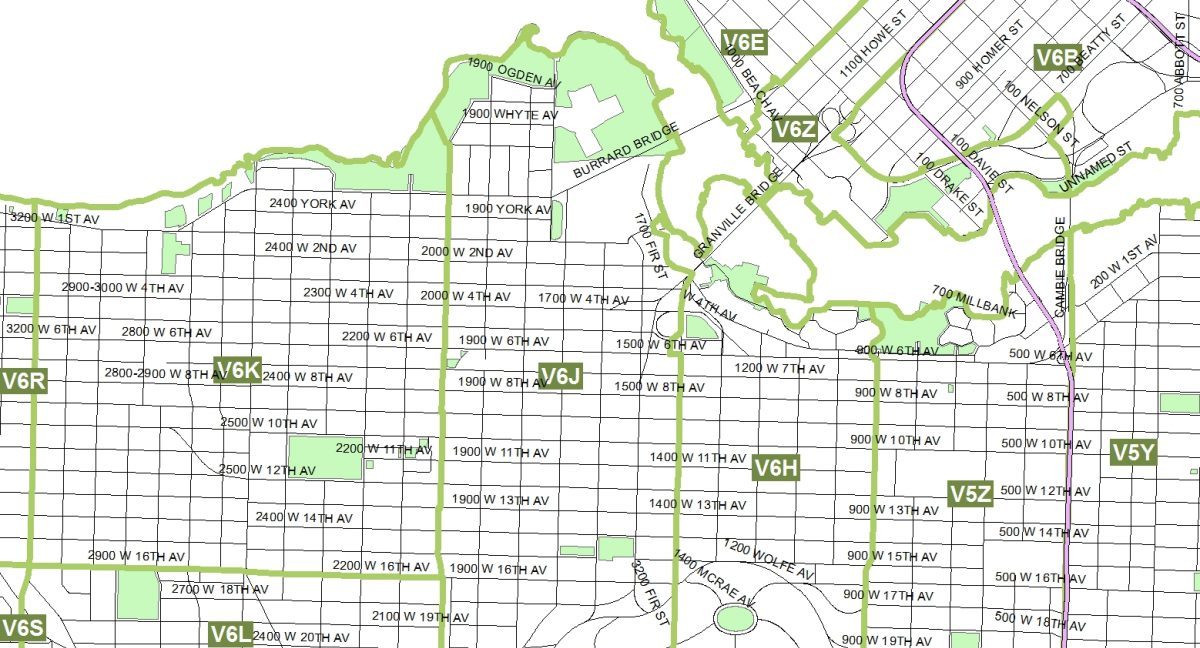Have you ever been asked your postal code when you are at a store checkout? Did you know that your postal code can be mapped to a location on the ground? And that all the items you purchased are then attached to that postal code location? The more you buy from that store, the bigger database that they can build on your buying habits. How often do you buy toilet paper, for example.
 Why should this matter?
Why should this matter?
Companies can make more money if they know more about your buying patterns, and where you live. From your purchases, they may figure out that your family income is at least $75,000 per year, you buy a brand of premium toilet paper, and you also love brie cheese. You may be their best type of customer. Where are other customers like you?
Enter Geographic Information Systems (GIS).
Think of GIS as Google Maps, where you can overlay your customer data, and other data, to locate all the $75,000+ income, premium toilet paper, brie eating people in Vancouver. If they are having a sale on premium toilet paper, or brie, a store would likely make more money by sending out flyers to your postal code, and the other postal codes, that fit that profile. So the next time you get a flyer of interest to you in the mail, and you think, “They know me”, they probably really do.

You’ve got options
This emerging business landscape (pun intended) might seem daunting, but once it’s understood it can be used to help you both advance your business and protect your own privacy. Part-time courses for our Advanced Certificate are taken online so you can listen to lectures and do you labs from home. You just need a computer with Internet access. If you want to become the next GIS guru, a full-time program with our Advanced Diploma is a solid option. Whatever you choose, know that when you give over that postal code, there will be a cost and a benefit. You’ll give up some of your personal information, but the store will be more likely to have that brie when you want it.

 Why should this matter?
Why should this matter?